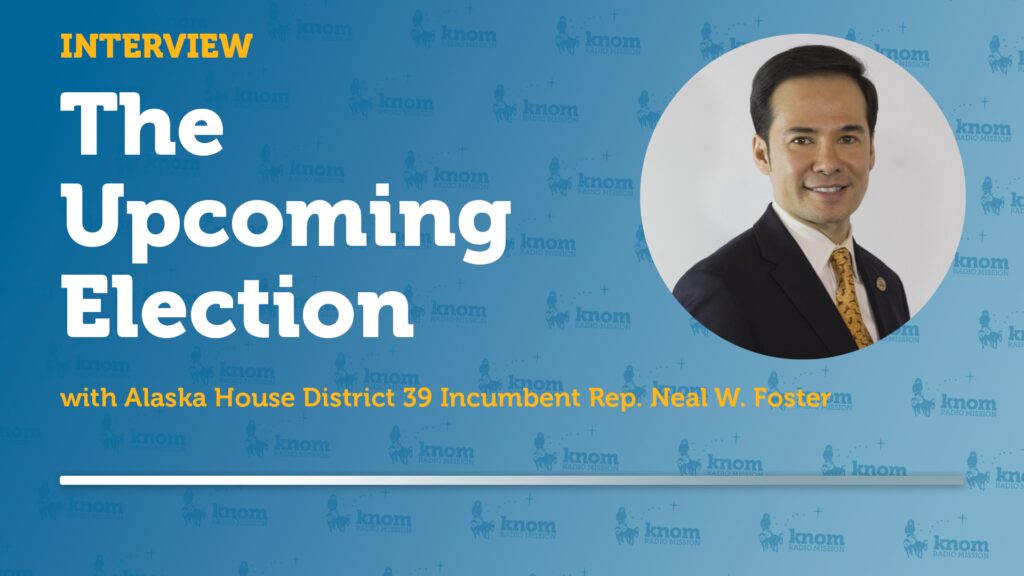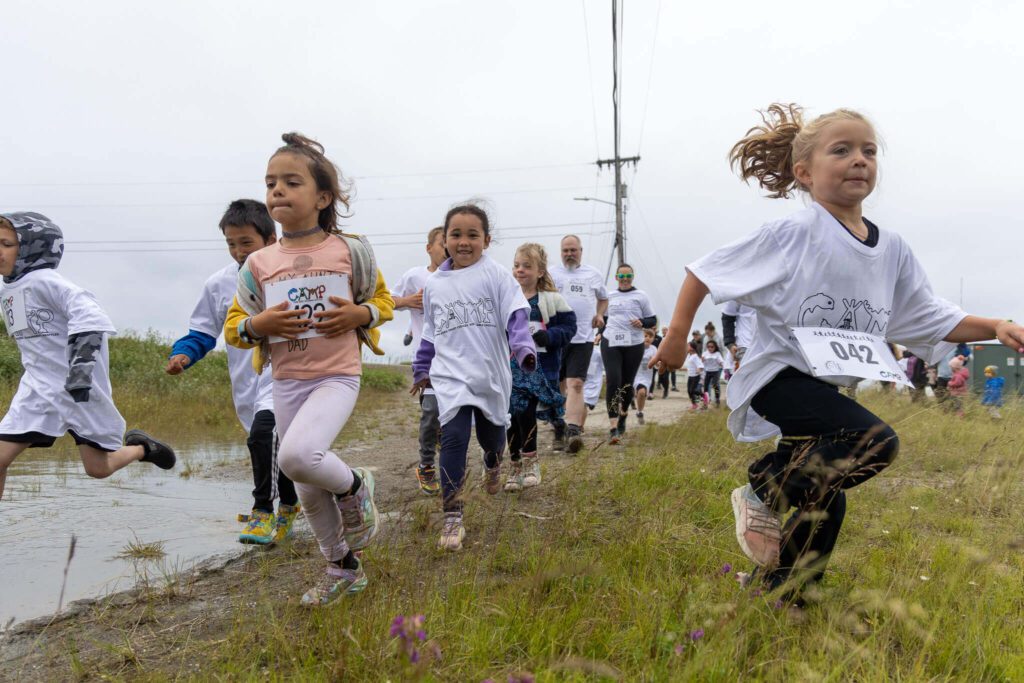Earlier this month, the Seward Peninsula Subsistence Regional Advisory Council met in Nome, discussing the current challenges to fish and game management, and reviewing an annual report that will be delivered to the Federal Subsistence Board. This regional body exists to provide advice to the federal board, which makes regulations for subsistence hunting on federal lands.
Tim Smith is vice chairman of the regional advisory council. He said state and federal restrictions on fishing are slowly squeezing all users out of the fisheries.
Worse, Smith said, is that the increase in restrictions doesn’t seem to be effectively addressing the problem of reduced king salmon population. Rather, Smith points to “interception” fisheries that are diminishing numbers in our region—such as the Area M or False Pass fisheries—that target some salmon bound for the Norton Sound.
“When these salmon migrate, they have huge migratory ranges that go all the way down to the North Pacific,” said Smith. “People fishing for salmon in these passes catch some fish that would’ve gone to Norton Sound rivers.”
Interception in other fisheries, Smith said, particularly the Pollock trawl fisheries on the high seas is regulated at the federal level.
“What’s being considered is that the Secretaries of Interior and Agriculture have ability, potentially, to reach out and impact those interception fisheries to protect subsistence,” said Smith. “They’re considering it. They haven’t done much of that yet, but they’re being petitioned to do that in other areas.”
Smith said that type of “extraterritorial jurisdiction” may come up as a solution to king salmon problems in the rivers. At the same time, Smith said, one of the main problems with fish and wildlife management in Alaska is the diverse authority of regulatory bodies that are all managing the same resources.
The Seward Peninsula council hopes that these separate entities can work together more collaboratively in the future and see the impacts that their individual regulations have on other areas. This is especially important on the Seward Peninsula, where the Federal Subsistence Board has limited jurisdiction because there isn’t a lot of federal land.
The regional council also discussed terrestrial mammals, such as reindeer, caribou, moose and muskox, which are seeing similarly depressed population numbers. The council is recommending a reduction in predator numbers so that more of the young can survive.
The next meeting of the Seward Peninsula Subsistence Regional Advisory Council will be in Nome in February.







